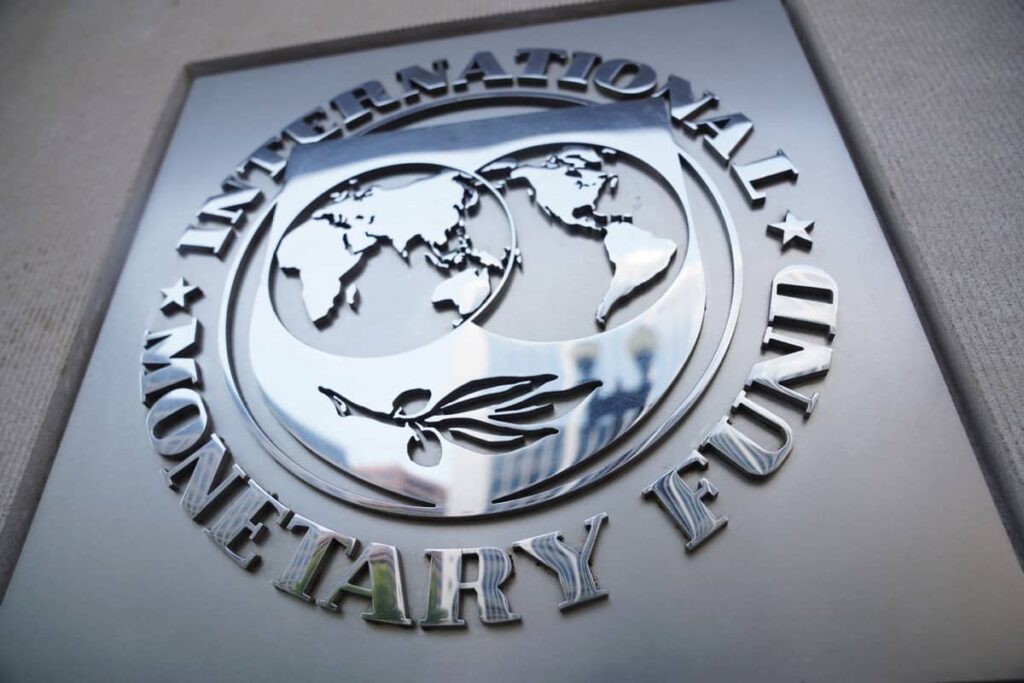The International Monetary Fund (IMF) has drawn a new Special Drawing Rights (SDR) program, owing to which Turkey’s foreign exchange reserves have been boosted to $6.4 billion.
The MD of the International Monetary Fund, Kristalina Georgieva, indicated that the SDR program would instill an inflow of funds to combat the effects of the COVID-19 pandemic on the country’s economy. The IMF program is said to have distributed about $650 billion to its members.
This gargantuan dispersal of monetary funds will facilitate excess liquidity for economies spread around the world. The IMF’s contribution will enhance foreign exchange reserves and will reduce the countries’ dependence on extravagant domestic and international debt. The funds will serve as an exclusive prospect to battle against the pandemic.
The IMF emphasized its apprehensions about swerving trends in the global economy and stated that the SDR provision would help the countries that were hard hit by the pandemic. The richer and more superior countries would come forward to uplift the rest, and represent the epitome of universal brotherhood in these trying times. This would, in turn, develop the economy on a global scale.
IMF’s SDR allocation guidelines
Benefactors will allocate the SDR funds to uplift struggling economies to combat the coronavirus crisis. However, this monetary aid must not be used for the postponement of necessary economic reforms and debt relief.
Member countries of the IMF receive SDRs that are directly proportional to their prevailing shareholdings in the fund (in dollars, euros, yen, sterling, and yuan).
Georgieva stated that about $275 billion of the funding will belong to the developing markets and countries. A dedication of $21 billion will be made to the low-income countries.
IMF injects $6.4 billion into the Turkish economy
Turkey possesses a 1% share in the fund and has been the recipient of $6.4 billion, which will boost the country’s gross reserves.
Turkey’s gross reserves advanced by about 15% to $107.1 billion in August. The funds are on the rise as the nation has planned to intensify the usage of currency exchanges. Turkey’s central bank authenticated a TL 17.5 billion ($2 billion) exchange contract with South Korea after the ratification of a contract in June, with China, of $3.6 billion value.
IMF initiates additional support
The IMF’s Managing Director, Kristalina Georgieva, stated that the International Monetary Fund was inspiring developed nations and superpowers, that receive SDRs, to channelize funds to the poorer nations who were in dire need of monetary charities.
Georgieva indicated that the primary choice for wealthy nations to contribute SDRs was by contributing to the IMF’s prevailing Poverty Reduction and Growth Trust for countries with a downhill rolling economy.
The IMF is also constantly working towards the structural renovation and dealing with the drastic climate change through the directed SDRs to help the most susceptibly weak countries. A Resilience and Sustainability Trust is being envisioned for the same.
Georgieva added that the SDRs from superpower nations could lend support to the multifaceted development banks in sanctioning loans.
The expenditure of the SDRs could be initiated by first exchanging them for the original hard currencies, thus demanding them to find an exchange partner country.
Lack of clarity will lead to suspension of IMF funds
Afghanistan’s entrée into the SDR program was suspended last week owing to a lack of clarity after the Taliban apprehended Kabul.
Caracas, Venezuela was also forbidden from the SDR program owing to the lack of clarity amongst the transnational community over government recognition.
